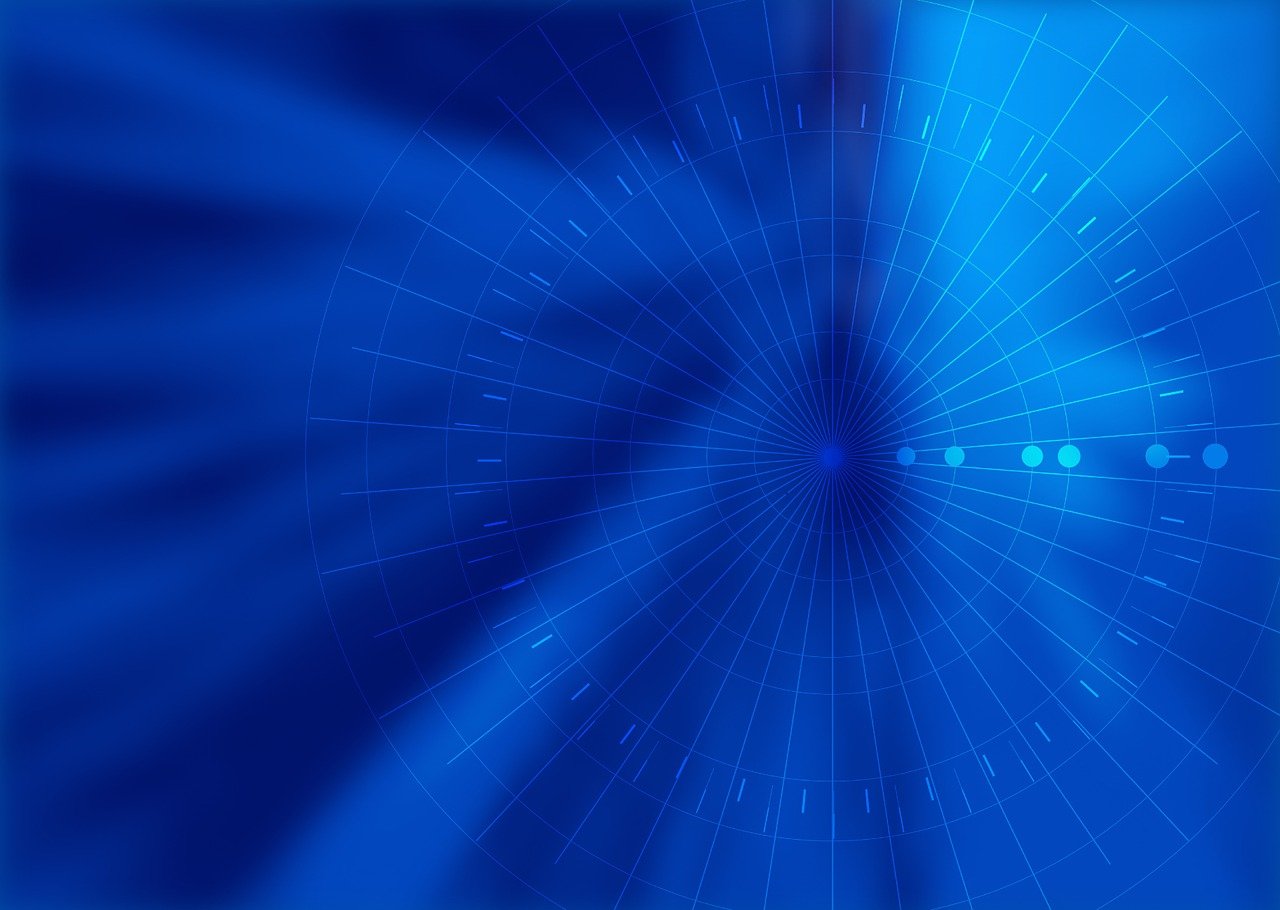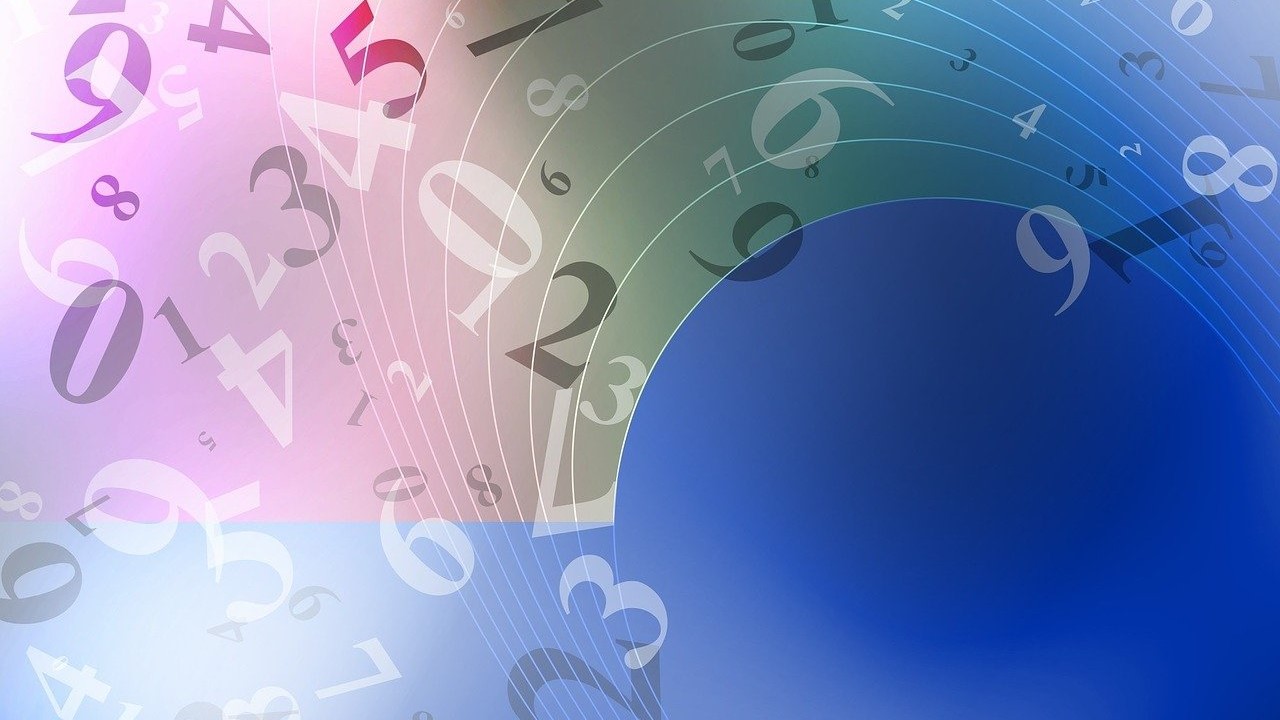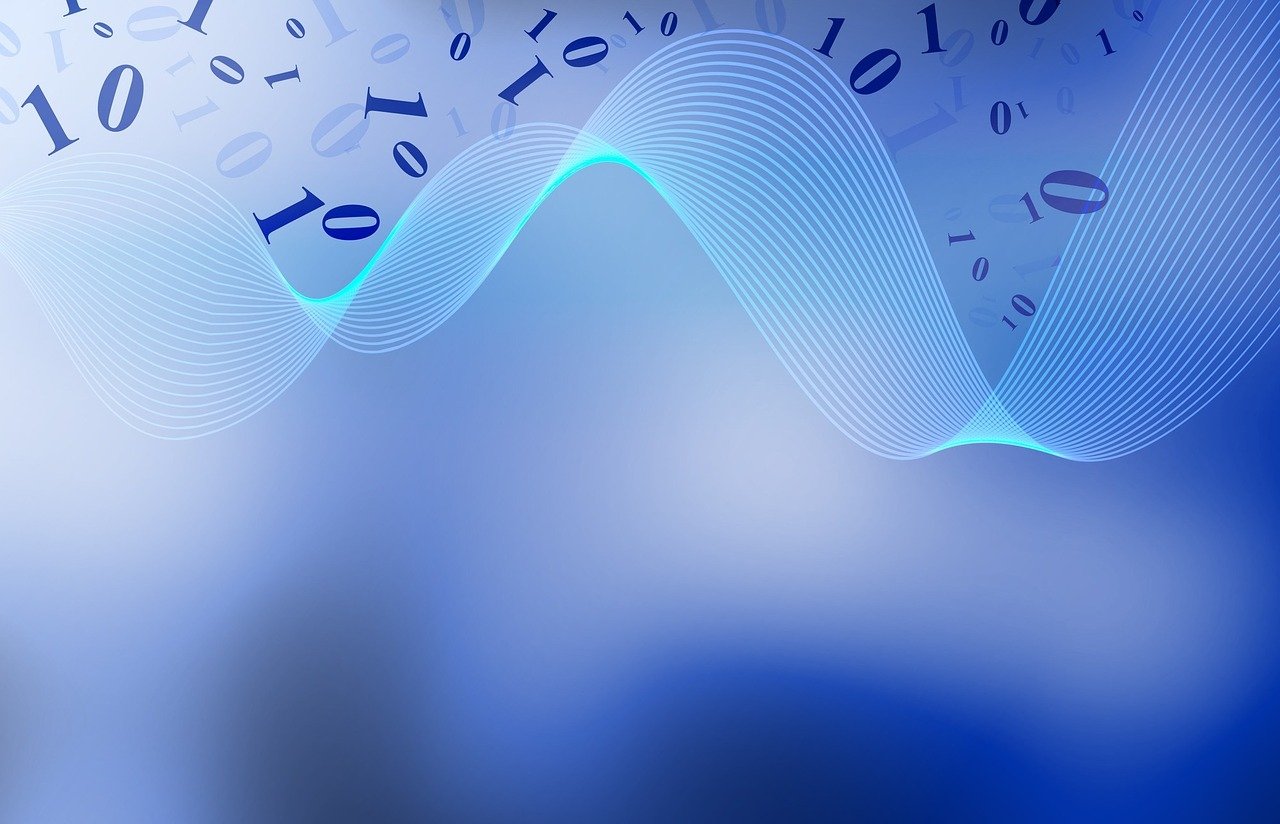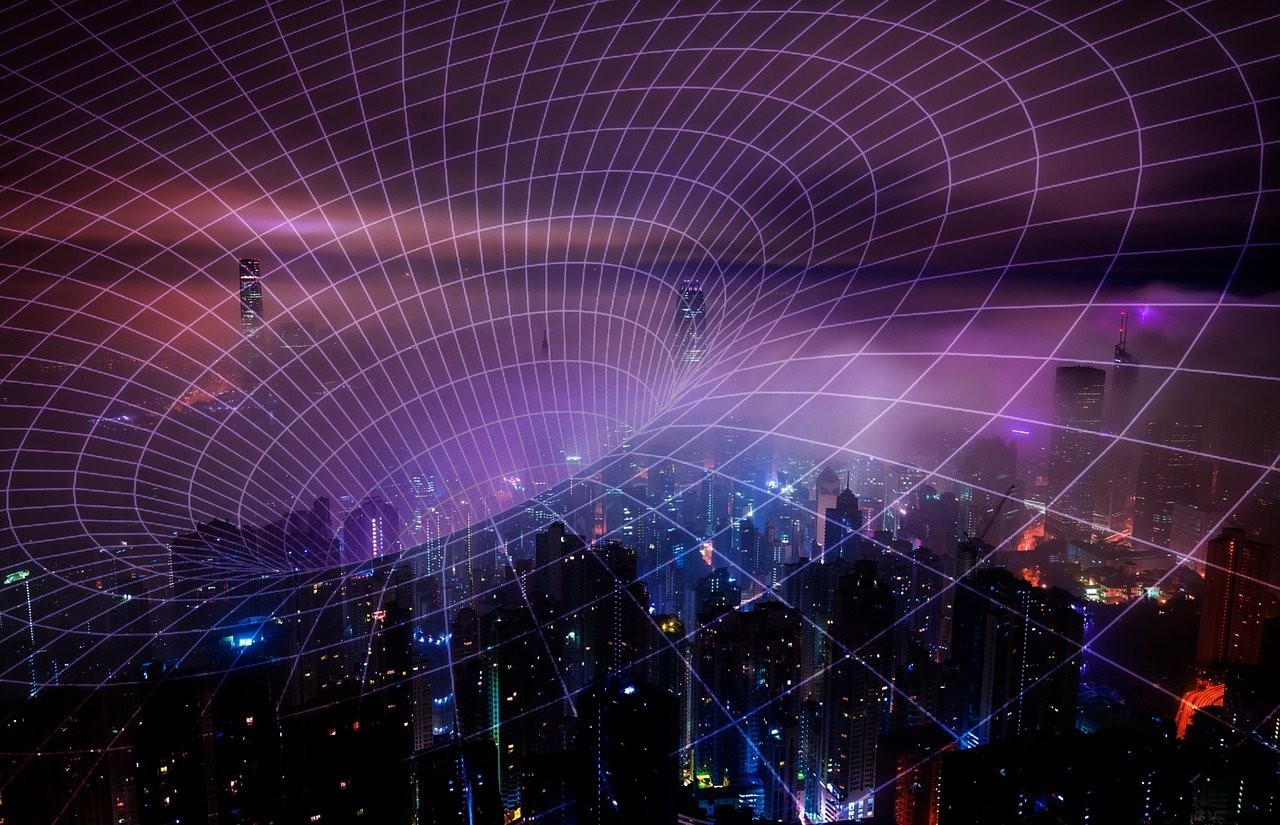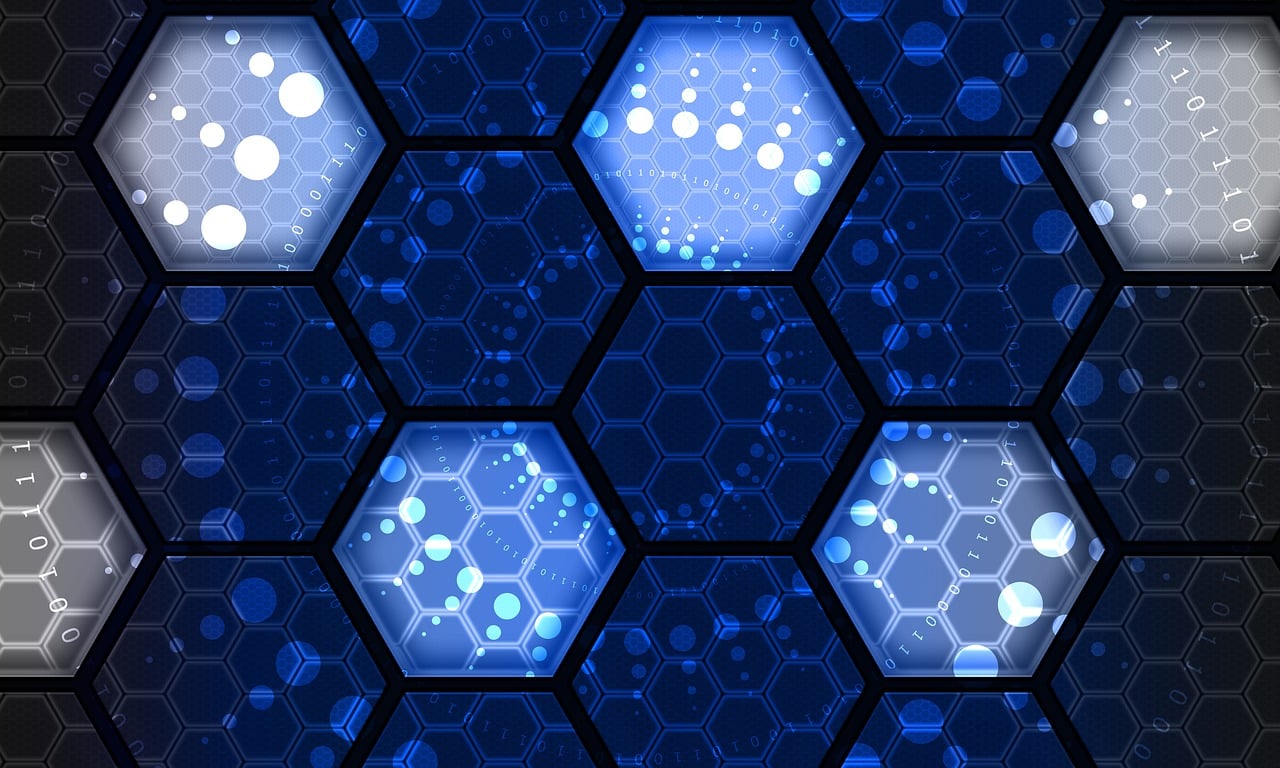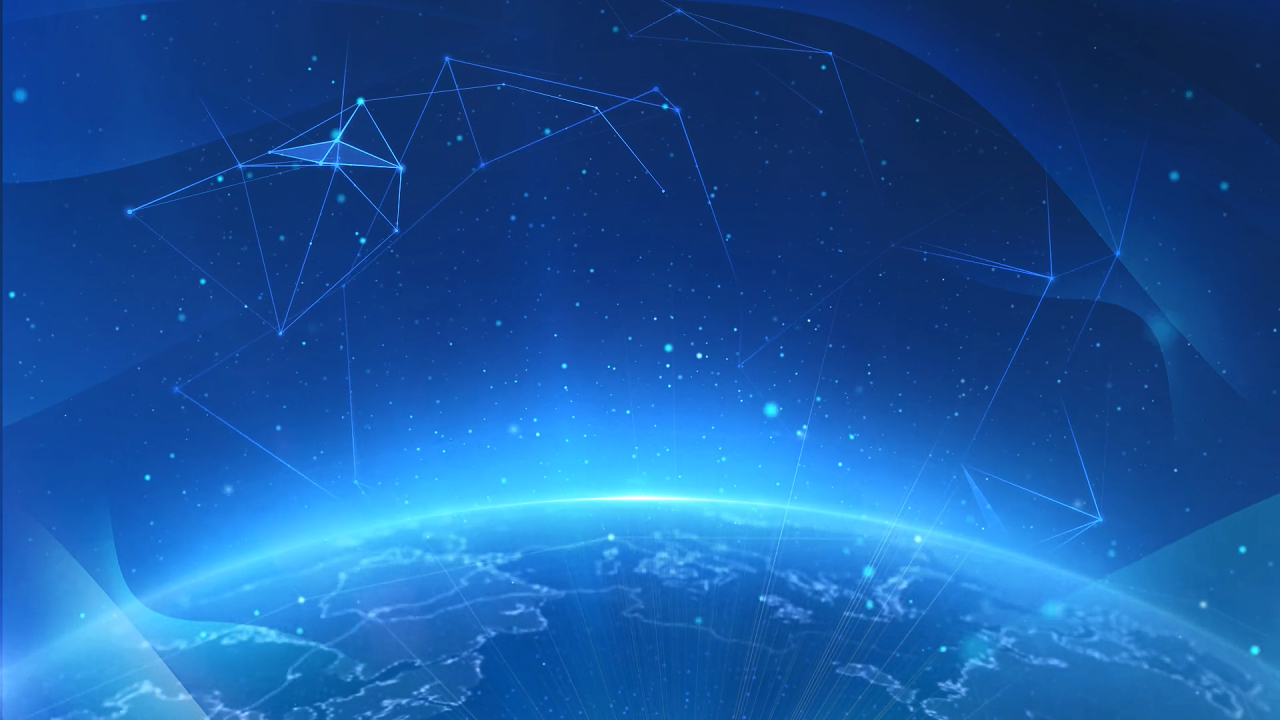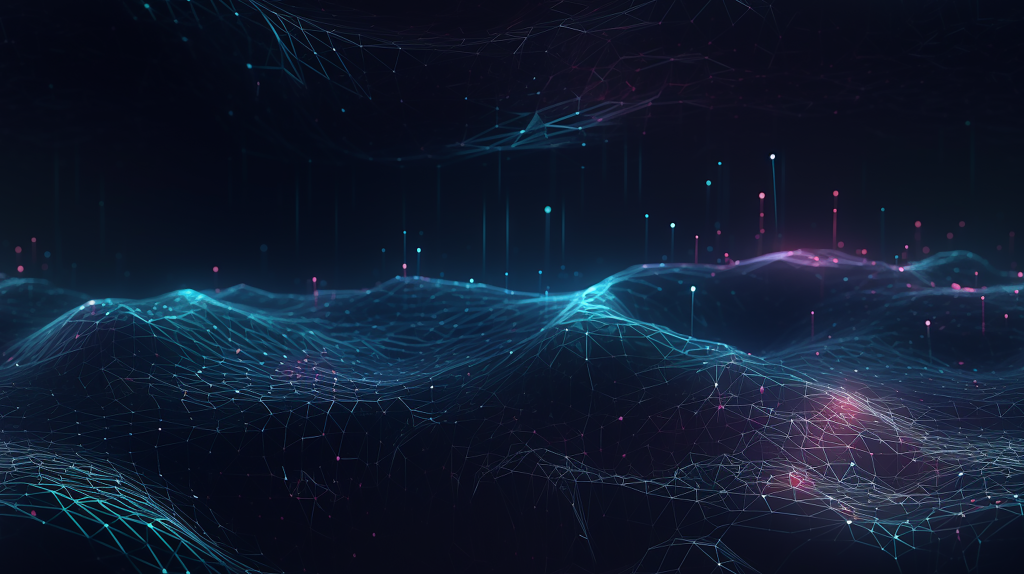Series A Term Sheet – Liquidation Preference
This is the second article in our Series A Term Sheet series, where we walk through the National Venture Capital Association’s (“NVCA”) model term sheet, explain key terms and highlight what matters most for founders....
Read More
Series A Term Sheet – Let’s Talk About Valuation
You’ve raised some funds with SAFEs from friends, family, and angel investors. You’ve revised your original company slide deck. You’ve reached out to, talked with, and pitched to far more venture capital funds and other...
Read More
Should co-founders always impose vesting?
Yes, co-founders should always impose vesting on their equity. Life happens—one founder may leave early, whether due to a change in circumstances, a disagreement, or simply a loss of interest. If there’s no vesting, that...
Read More
Where should I incorporate my foreign-owned U.S. subsidiary?
Foreign companies that want to establish a subsidiary in the U.S. should consider incorporating in the state where the subsidiary’s primary operations will be concentrated. This approach can help avoid additional filings and costs that...
Read More
Convertible Notes: Benefits to Founders (@Harvard – Angel Investing Bootcamp)
In this presentation, Greg Pilarowski, Founding Partner of Pillar Legal, breaks down the critical terms behind convertible notes – a vital but often misunderstood early-stage financing tool. Since there is no standard form, reviewing complex...
Read More
SAFE: Benefits and Hidden Risks to Founders (@Harvard – Angel Investing Bootcamp)
Greg Pilarowski, Founding Partner of Pillar Legal, provides a practical deep dive into the Y Combinator Simple Agreement for Future Equity (SAFE) – a widely adopted instrument for early-stage startup financing. This presentation originally delivered...
Read More
LEGAL PRIMER: REGULATION OF CHINA’S DIGITAL GAME INDUSTRY
This is the sixth edition of our legal primer on the regulation of China’s digital game industry. This edition, like its predecessors, provides an overview of the relevant laws and regulations, as well as actual...
Read More
Where should I incorporate my U.S. tech startup?
Delaware. Why? Because everyone else does, and when approaching investors, it’s best to look like everyone else, at least with respect to incorporation jurisdiction. Your pitch deck can look different, of course. Nevertheless, some have...
Read More
Should I hire a lawyer to incorporate my company, or use an online service?
Incorporation is a well-established, mostly clerical process that can be completed without the assistance of an attorney. Many online services form companies at lower cost and sometimes even faster than an attorney. The incorporation process,...
Read More

